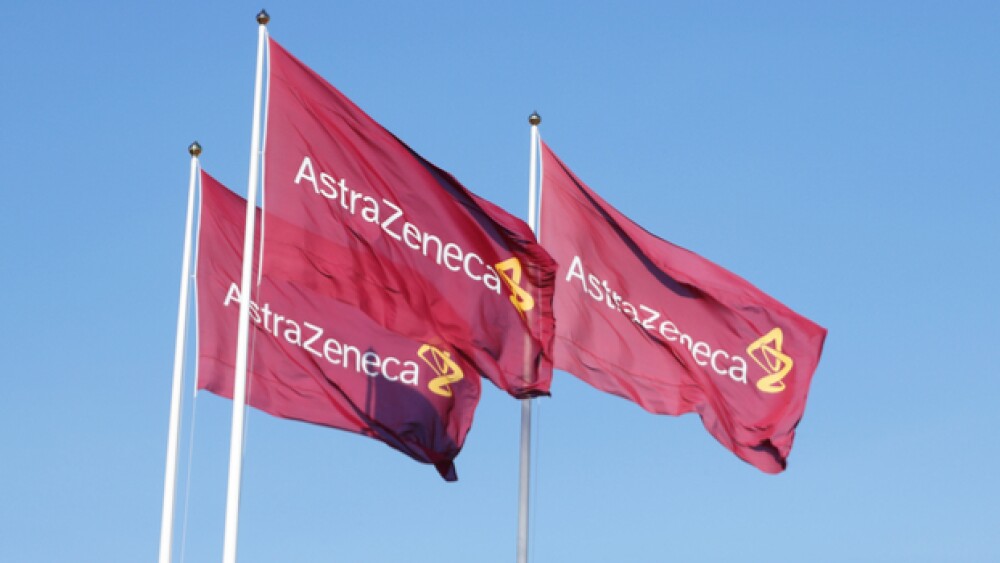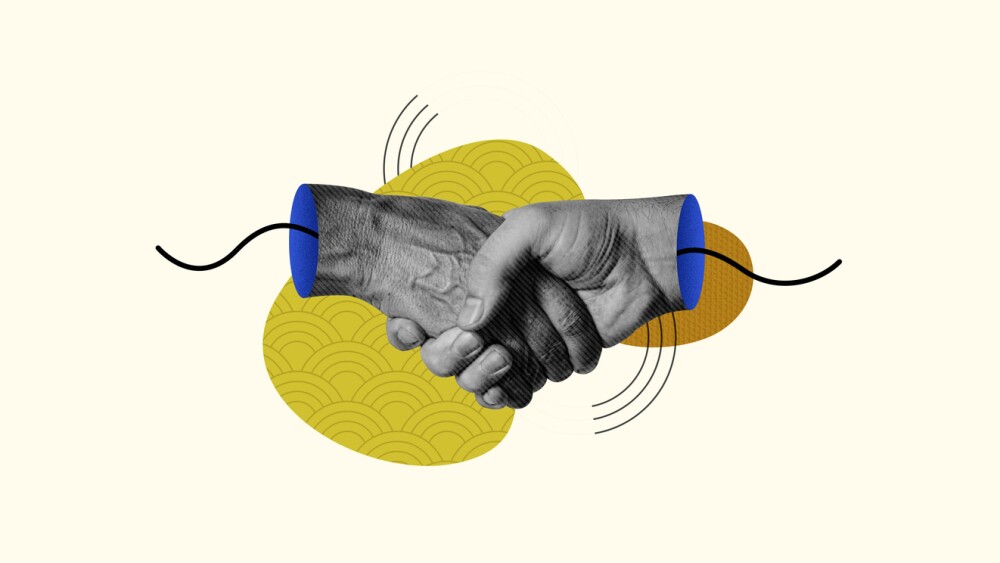Two weeks after reporting a 45 percent growth in revenue for the third quarter, compared to last year, Swedish Orphan Biovitrum AB (Sobi) has snapped up the U.S. rights to AstraZeneca’s respiratory drug, Synagis, a drug used to treat RSV in infants, for $1.5 billion.
Roland Magnusson / Shutterstock.com
Two weeks after reporting a 45 percent growth in revenue for the third quarter, compared to last year, Swedish Orphan Biovitrum (Sobi) has snapped up the U.S. rights to AstraZeneca’s respiratory drug, Synagis, a drug used to treat RSV in infants, for $1.5 billion.
For Sobi, the deal is expected to diversify its revenue stream in immunology, as well as double the size of its revenue and commercial operation in the United States.
Under terms of the deal, the Swedish company will commercialize Synagis, a medication used for the prevention of serious lower respiratory tract infection (LRTI) caused by respiratory syncytial virus (RSV) in the U.S. As part of the deal, about 130 AstraZeneca employees will be transferred to Sobi, the company said. In addition to Synagis, Sobi will also have the rights to participate in AstraZeneca’s share of U.S. profits and losses related to a follow-on drug candidate MEDI8897, anti-RSV F mAb being developed for the prevention of LRTI caused by RSV.
Sobi President and Chief Executive Officer Guido Oelkers said Synagis is the only product that prevents RSV infection in that patient population and he is excited about adding that to his company’s pipeline.
“The addition of Synagis will become an important strategic catalyst for Sobi’s future development and will form a powerful platform for growth in rare diseases. We see the acquisition as a stepping stone to drive sustainable growth in the U.S. and make Sobi more attractive for partnering. It also increases the overall Specialty Care franchise and diversifies our portfolio in Immunology. The expected earnings of this acquisition will increase the financial flexibility to support further growth initiatives”, Oelkers said in a statement.
For AstraZeneca, the sale of Synagis represents another divestiture of drug assets that are not part of its core business strategy. The deal comes on the heels of the U.K.-based company’s decision to divest two drugs to the privately-held German company, Grunenthal. In a $700 million deal, AstraZeneca divested the prescription drug rights to acid reflux Nexium, as well as some rights to Vimovo, a pain-relieving non-steroidal anti-inflammatory drug. The company also divested rights to three older asthma and rhinitis drugs to Covis Pharma for $350 million.
Pascal Soriot, AstraZeneca’s CEO, said the company continued to streamline its portfolio of drugs in order to allocate its resources more effectively. He noted that Sobi’s focus on Synagis will enable infants in the United States to continue to benefit from the medication. He added that the development and commercialization of MEDI8897, which is being done in collaboration with Sanofi Pasteur, the vaccines division of Sanofi S.A., remains important to AstraZeneca.
Under terms of the deal, Sobi will pay AstraZeneca $1 billion in cash and $500 million in ordinary shares of Sobi. That will give AstraZeneca a 5 percent stake in the Swedish company. Additionally, AstraZeneca will receive up to $470 million in sales-related payments for Synagis, which will be a $175 million milestone following the submission of the Biologics License Application for MEDI8897. There are also potential milestone payments that could come from commercialization of that product.





